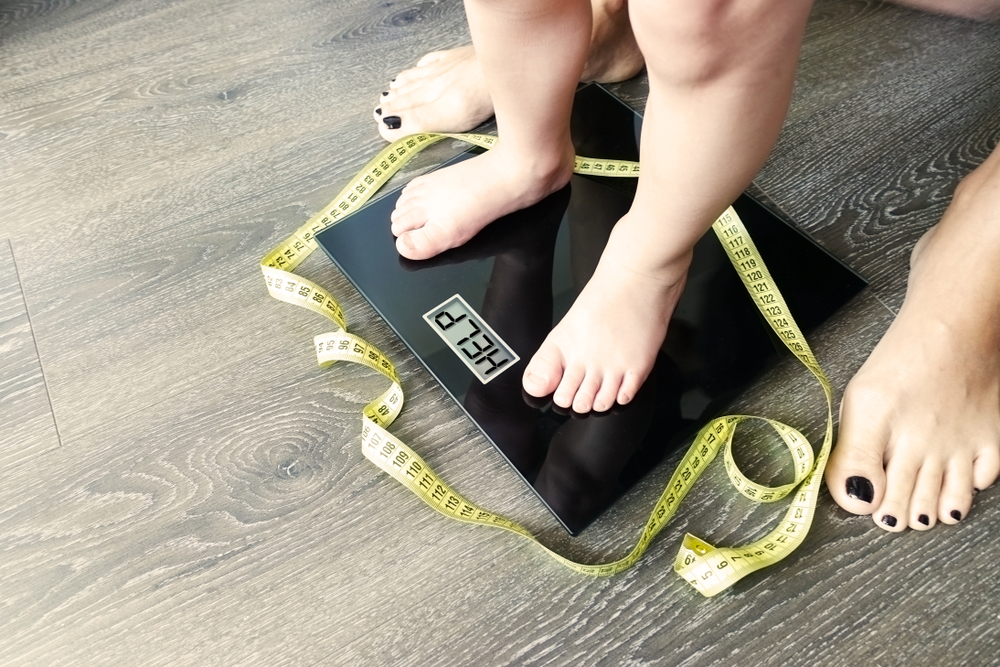Problem-Solving Skills Normal Science Worksheets for Ages 4-7
9 filtered results
-
From - To
Discover the perfect way to ignite young minds with our Problem-Solving Skills Normal Science Worksheets for Ages 4-7. Designed specifically for early learners, these engaging activities cultivate critical thinking and creativity through fun scientific explorations. Each worksheet challenges kids to unravel the mysteries of the world around them while developing core problem-solving skills. Our vibrant and interactive exercises cater to various learning styles, making science both enjoyable and educational. Unlock your child's full potential and foster a lifelong love of learning with expertly crafted worksheets from Kids Academy. Ideal for homeschooling or supplementary classroom resources.
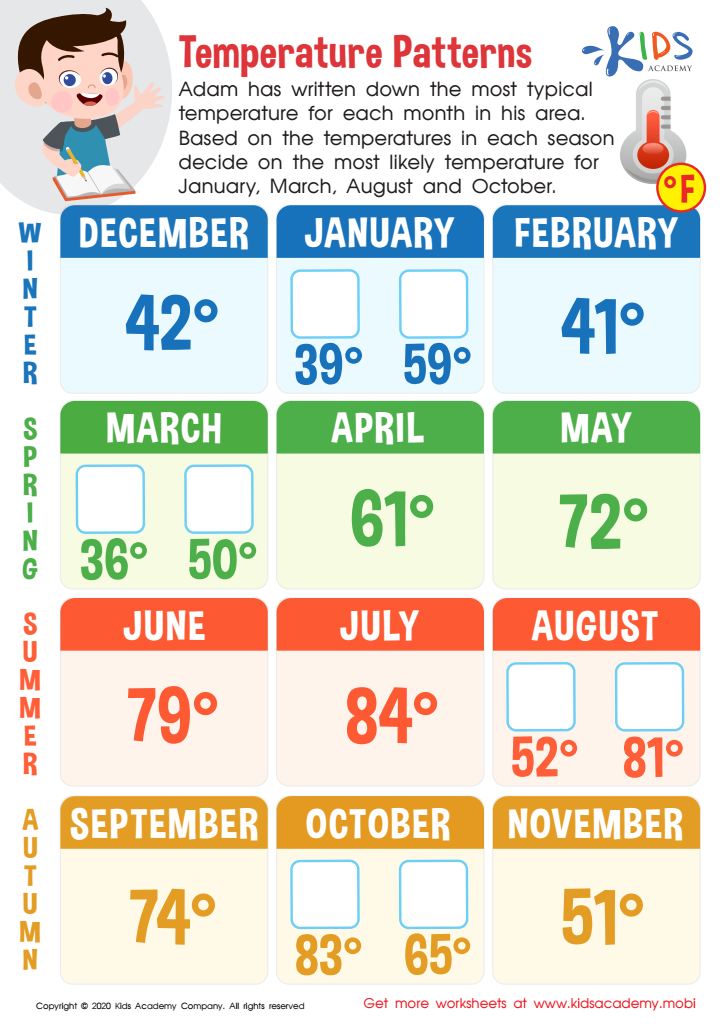

Temperature Patterns Worksheet
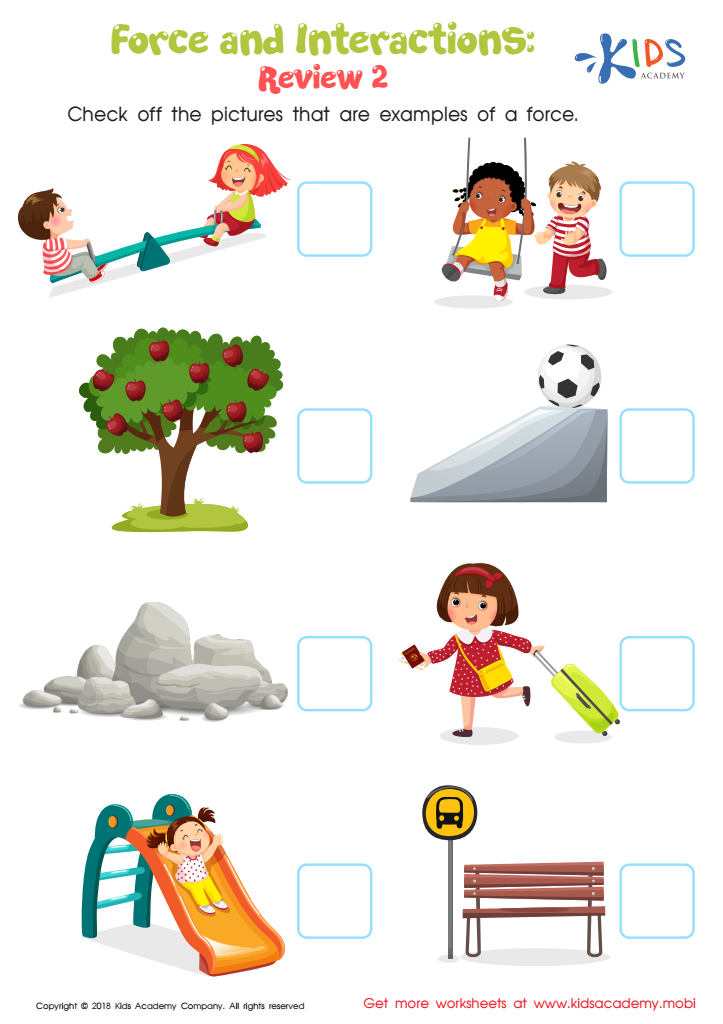

Force and Interactions: Review 2 Worksheet
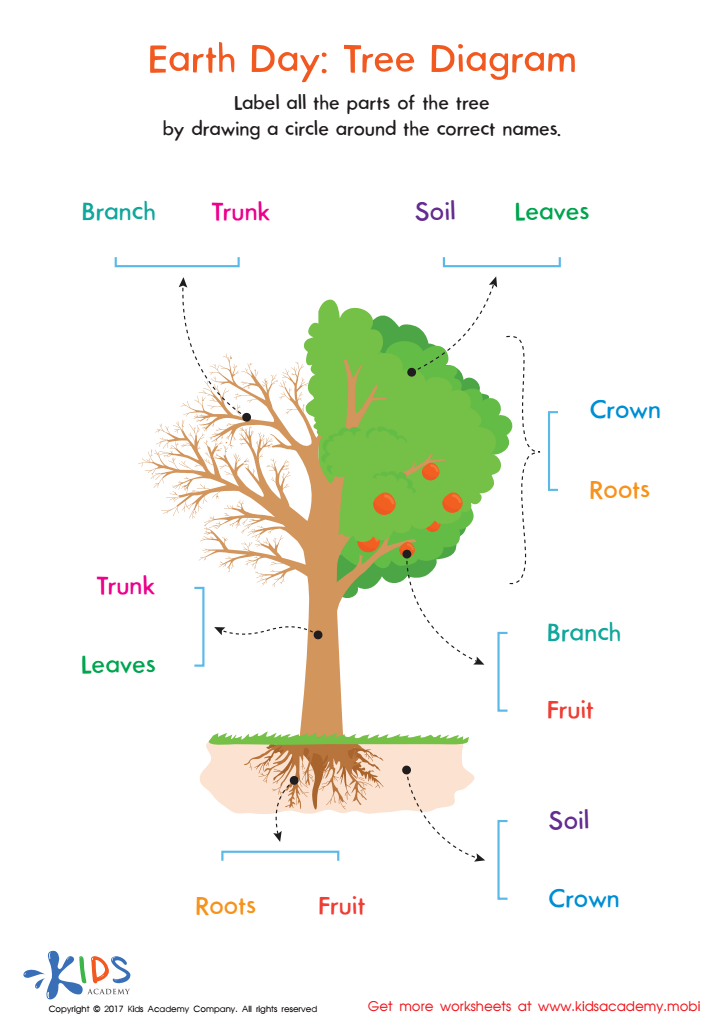

Earth Day: Tree Diagram Worksheet
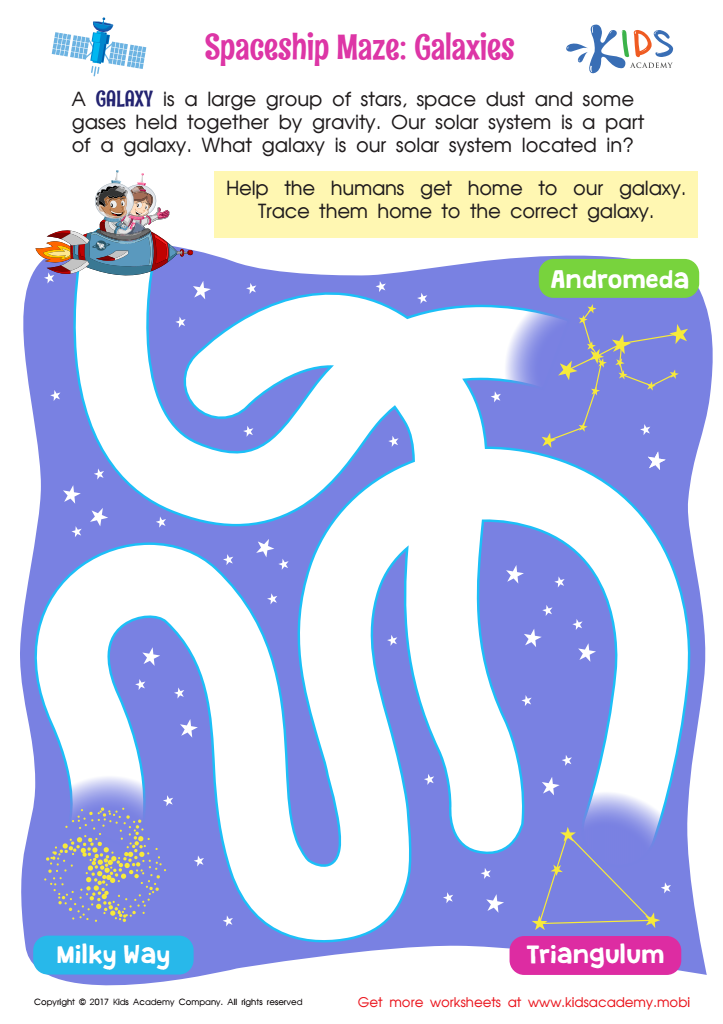

Spaceship Maze: Galaxies Worksheet
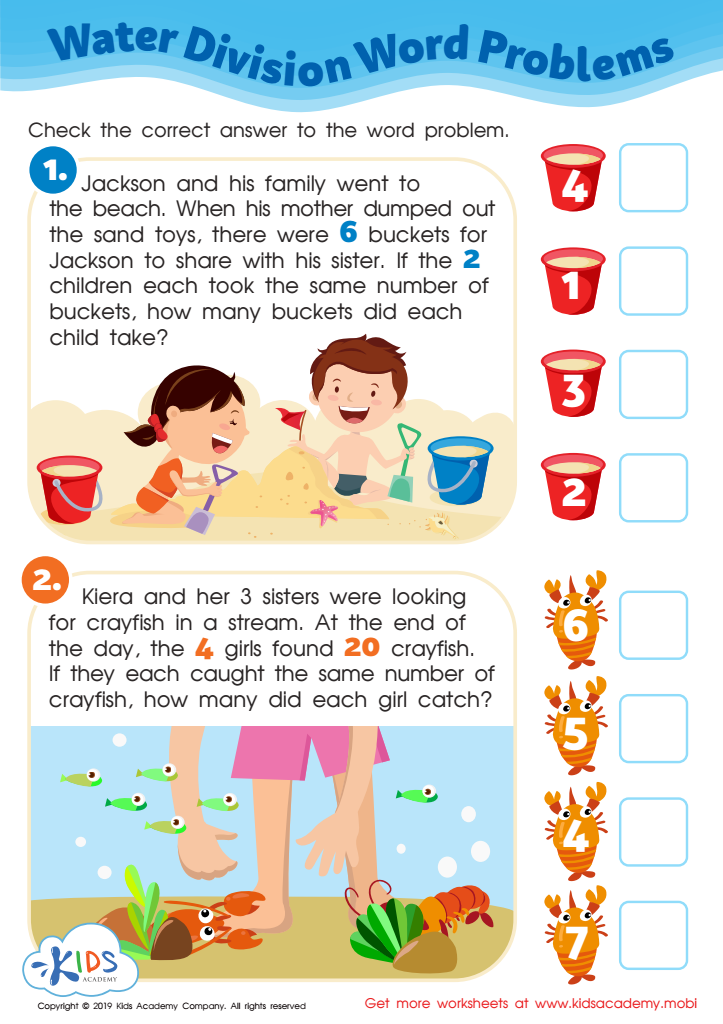

Water Division Word Problems Worksheet
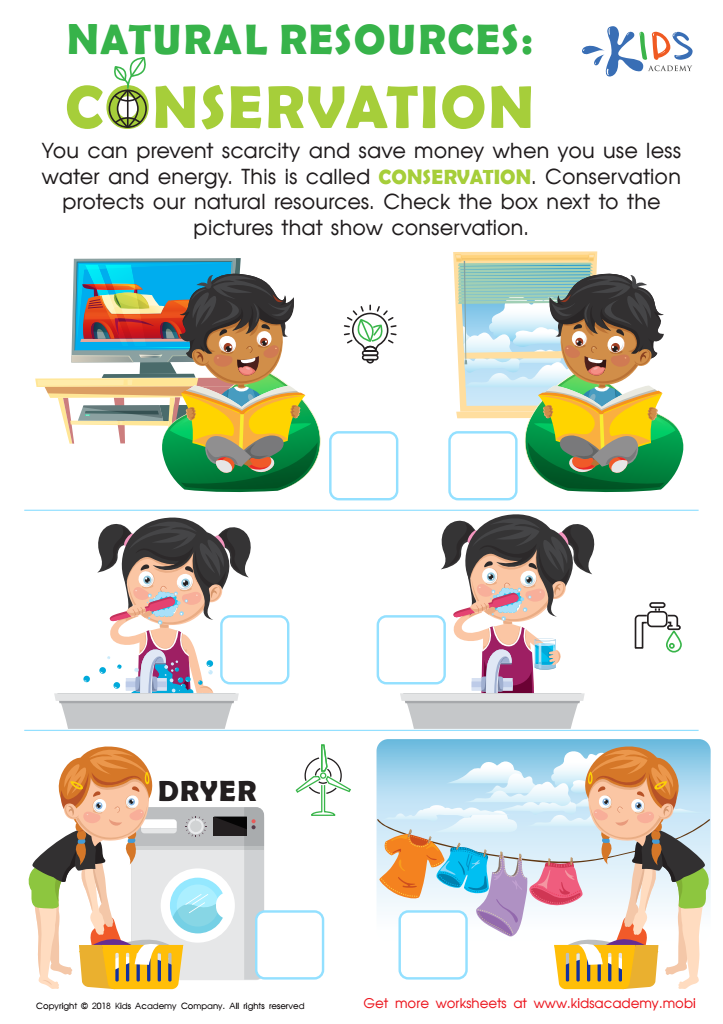

Natural Resources: Conservation Worksheet
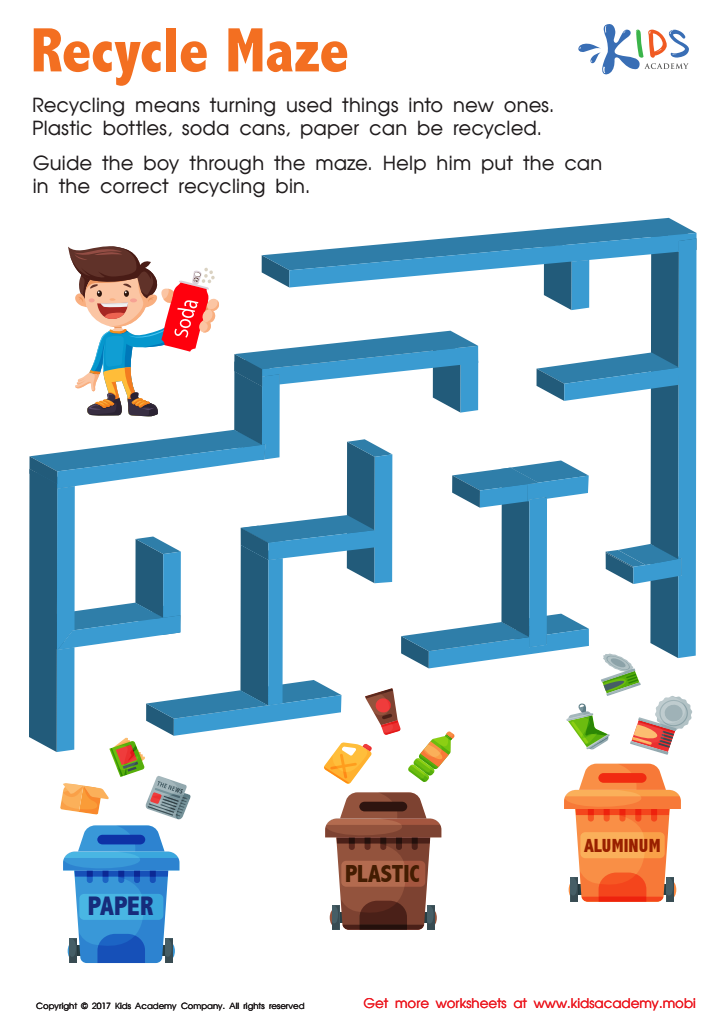

Recycle Maze Worksheet
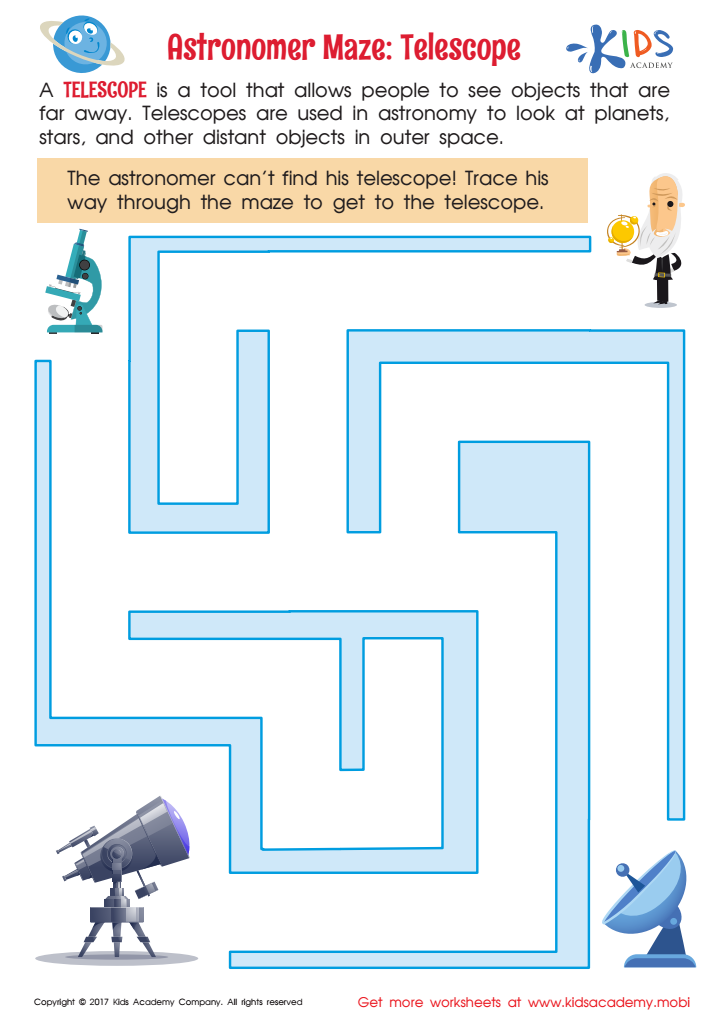

Astronomer Maze: Telescope Worksheet
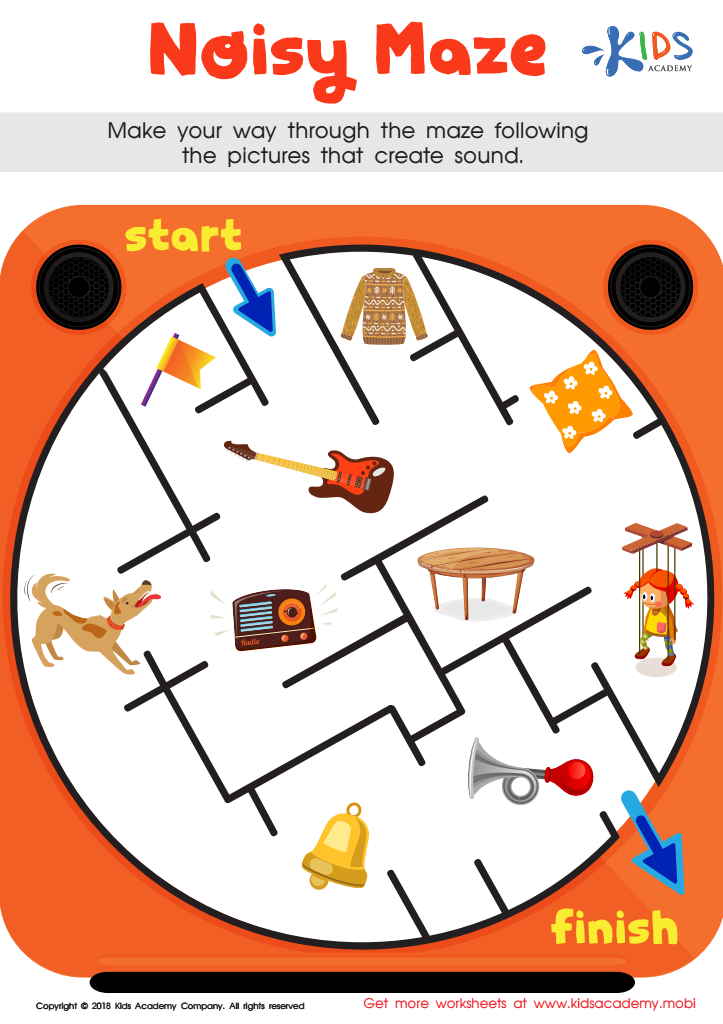

Noisy Maze Worksheet
Problem-solving skills in early childhood (ages 4-7) are foundational for cognitive development and lifelong learning. During this pivotal stage, children's brains are highly adaptable, allowing them to absorb new concepts and strategies rapidly. By engaging in activities that promote problem-solving, such as simple experiments in "normal science" (the understanding and application of basic scientific principles), children develop critical thinking skills that stretch beyond academic boundaries.
Parents and teachers should prioritize fostering these skills because they help children learn how to approach obstacles methodically and creatively. For instance, understanding the basics of cause and effect or the properties of materials through playful science experiments can form the beginning of logical reasoning abilities. These early experiences are stepping stones to more complex thinking and learning processes, improving children's capacity to tackle challenges, whether academic or practical, throughout their lives.
Moreover, problem-solving activities encourage a growth mindset, showing children that mistakes are opportunities for learning and improvement, and instilling perseverance. By this method, children develop confidence in their abilities and a curiosity about the world that fuels lifelong learning. Therefore, equipping young learners with sturdy problem-solving frameworks through simple, engaging scientific activities prepares them for a future where they can think critically, innovate, and adapt.

 Assign to My Students
Assign to My Students


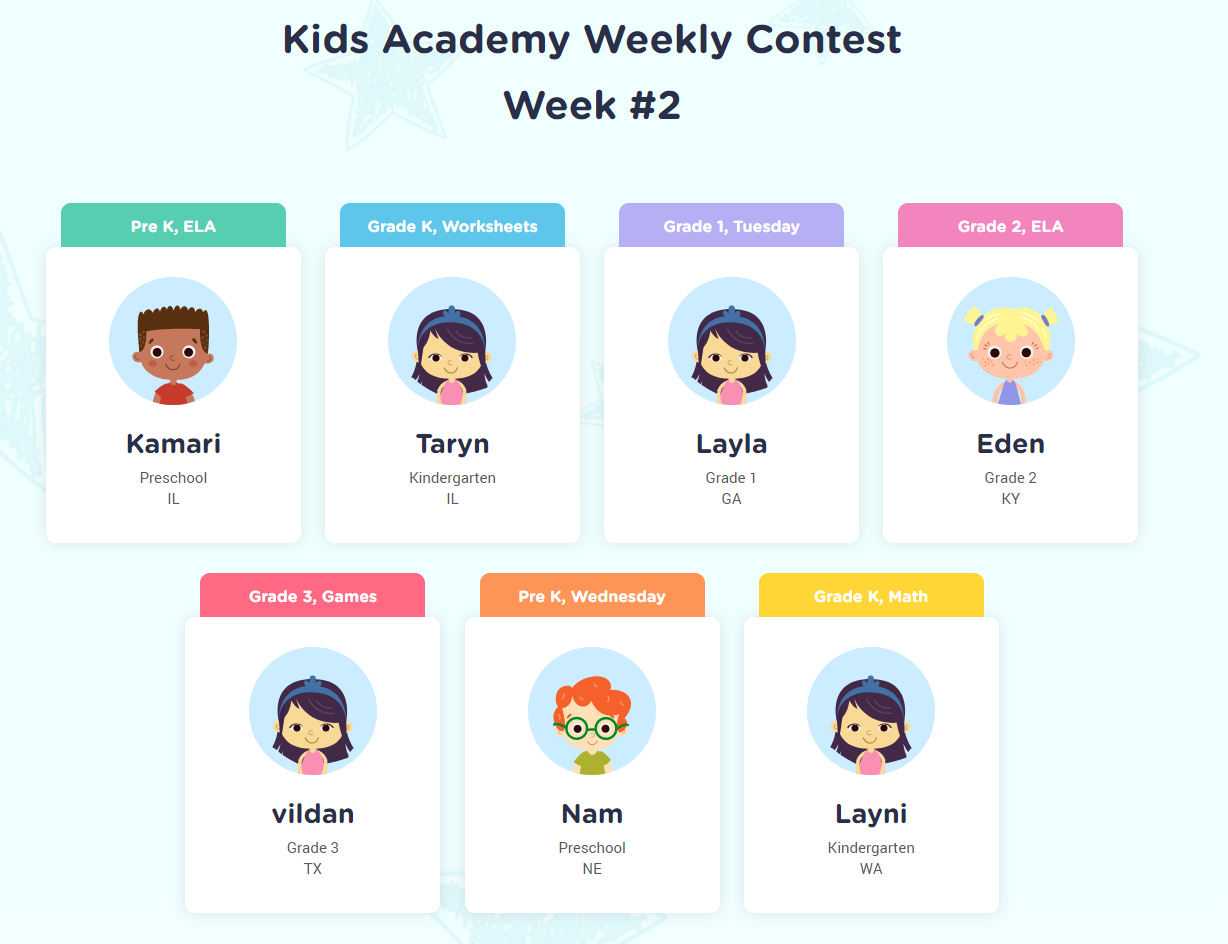

.jpg)
